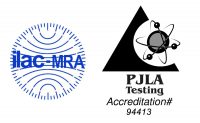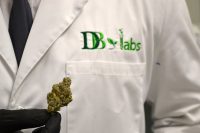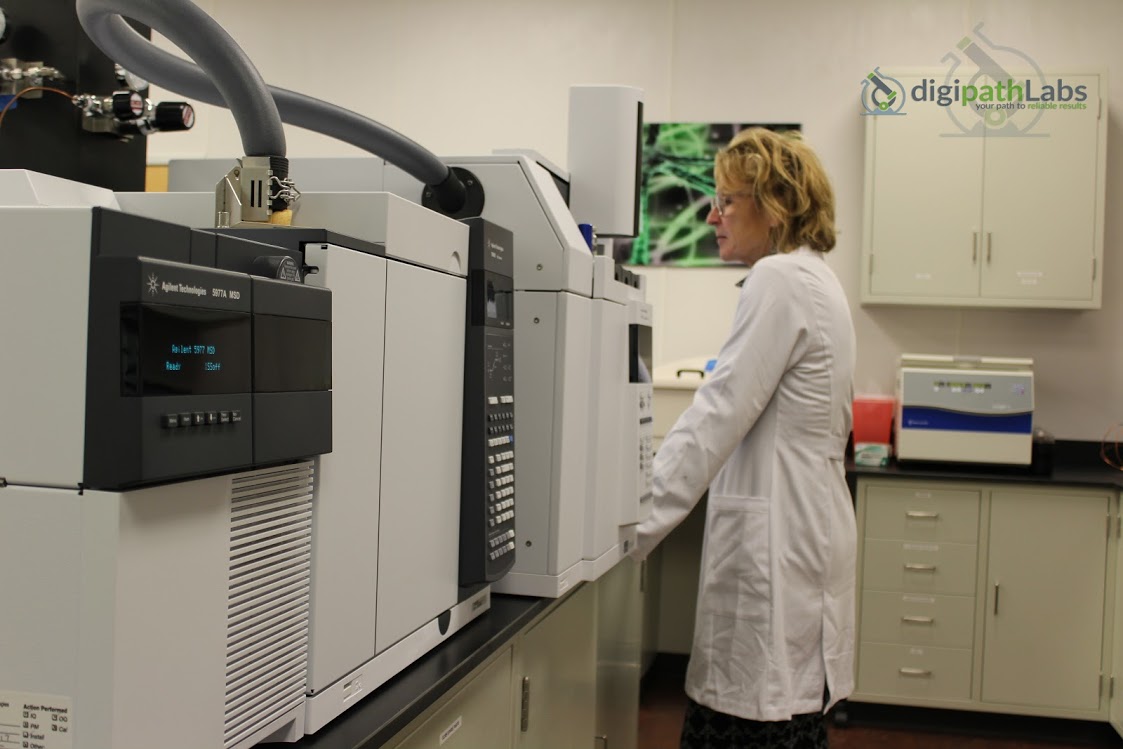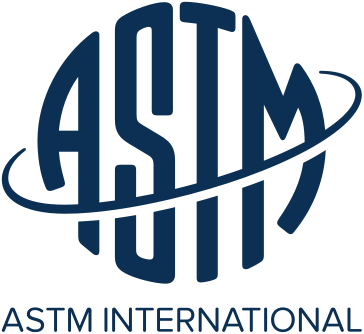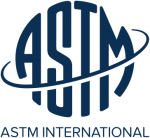Recently Puerto Rico approved the law that regulates the production, manufacturing, dispensing and consumption of medical cannabis. Although medical cannabis was already “legal” through an executive order and was “supervised” by local regulation, there was no law to back up the industry and protect investors.
The creation and approval of laws resides in the hands of elected individuals. Expecting absolute knowledge is unrealistic, especially when we refer to cannabis as a medicine. Sadly, the lack of knowledge is affecting the patients, and an emerging industry that can be the solution to the Island’s current economic crisis.
I am in no way insinuating that Puerto Rico is the only example. I have seen this type of faulty thinking in many places, but cannabis is the perfect manifestation of this human defect. Check some of your laws, and you will find a few that nearly qualify for the same characterization.
As we can see, lack of knowledge can be dangerous. Objective, factual information needs to be shared, and our leaders need a formal education program. Patients need them to have a formal education program to better understand and regulate the drug.
The approval of this law is a significant step for the Island. Still, many Puerto Ricans are not happy with the result. The lack of legitimate information coupled with conservative views made the process an excruciating one. It took many hearings, lots of discussions and created tensions between the government and population, not because of the law, but for the reasons behind the proposed controls. Yes, it was finally approved, but with onerous restrictions that only serve as a detriment to the patient’s health, proving the need for an education program designed specifically to provide data as well as an in-depth scientific analysis of the information, then, you address the issue at hand.
Let’s take a look at some of the controls implemented and the justification for each one as stated by some members of the government.
- Patients are not allowed to smoke the flower in its natural state unless it is a terminal patient, or a state-designated committee approves it. Why? Because the flower is not intended for medical use (just for recreational) and the risks associated with lung cancer are too high. Vaporize it.
- It was proposed to ban edibles because the packaging makes it attractive for children. Edibles made it, but with the condition that the packaging is monochromatic (the use of one color), yes, insert rolling eyes here.
- It only allows licensed pharmacists to dispense medical cannabis at the dispensary (bud tending). The rationale? Academic Background.
- The new law requires a bona fide relationship between the doctor and the patient to be able to recommend medical cannabis, even if the doctor is qualified by the state and is a legitimate physician. This is contrary to their policy with other controlled substances, where a record is not required.
When there are different beliefs on a particular topic like it is with medical cannabis, you are not only dealing with the technical details of the subject; there is an emotional side to it too. Paradigms, stigma, stereotypes, beliefs and feelings affect the way we think. We let our judgment get in the way of common sense. When emotions, morals and previous knowledge are hurting objectivity, then we have to rely on scientific data and facts to issue resolution. However, when the conflict comes from opinions, we rely on common sense, and this one is scarce.
Now education: what can education do with beliefs, morals and emotional responses?
David Burns in his book “Feeling Good: The New Mood Therapy” discusses ten thinking errors that could explain, to those like me that want to believe this is a legitimate mistake, that there are cognitive distortions that affect the result of ours thoughts.
Now let’s analyze …
- There are many things wrong with this prohibition. First, the flower is natural and organic. It is the easiest to produce and the cheapest alternative for patients; there are more than 500 compounds all interdependent to make sick people feel better. There are seas of data, anecdotal information, serious studies collecting information for decades and opinions of highly educated individuals that support the consumption of flower in its natural state for medical purposes. The benefits are discarded, and personal opinions take the lead. Based on Burns’s work this is a textbook case of Disqualifying the Positive: dismissing or ignoring any positive facts. Moreover, let’s not forget the benefit for illegal growers and distributors.
- Keep out of reach of children, does it ring a bell? For years and years, we have consumed controlled substances, have manipulated detergent pods, bleach and so many other products that can be fatal. The warning is enough, just like is done with other hazardous Here we can notice how we can fall into the Fortune Teller Error, which believes that they know what will happen, without evidence.
- Not even the largest drug stores in the USA have this requirement. There is one pharmacist per shift, and a licensed pharmacist supervises pharmacy technicians. Medical cannabis is not even mentioned in current Pharmacy’s BA curricula. Most pharmacists take external courses in training institutes. On the other hand, bud tenders go through a very comprehensive certification process that covers from customer service to cash management and safety and of course all technical knowledge. If anything, a botanist (plant scientist) makes more sense. What a splendid example of magnification (make small things much larger than they deserve). This is an unnecessary requirement.
- The relationship between a certified doctor and patient has to be bona fide (real, honest). In practical terms, the doctor has to treat the patient for some time (sometimes six months) and have a history of the patient. Even though this sounds logical, not all doctors are certified to recommend cannabis, but all can diagnose. Are we penalizing the doctor or the patient? The only thing that you need to qualify as a patient is the condition. Besides, I had prescriptions filled for controlled medications at the drug store with no history. Why are we overgeneralizing Do we think that all doctors are frauds?





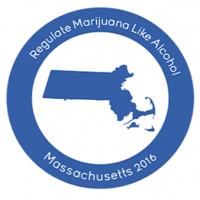



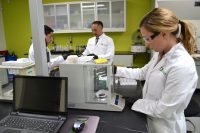 According to Susan Bunce, president of DB Labs, ISO accreditation is one way the cannabis lab space is being standardized. “As the first cannabis-testing laboratory in Nevada, DB Labs has always taken patient safety very seriously and has always tried to raise the bar,” says Bunce. “The world of cannabis testing is often compared to the Wild West: each lab uses state regulations to set their standards, but it leaves a lot of room for subjective interpretations. The ISO accreditation removes the ambiguity and guarantees a consistent level of testing to users. We are proud to be a part of that.”
According to Susan Bunce, president of DB Labs, ISO accreditation is one way the cannabis lab space is being standardized. “As the first cannabis-testing laboratory in Nevada, DB Labs has always taken patient safety very seriously and has always tried to raise the bar,” says Bunce. “The world of cannabis testing is often compared to the Wild West: each lab uses state regulations to set their standards, but it leaves a lot of room for subjective interpretations. The ISO accreditation removes the ambiguity and guarantees a consistent level of testing to users. We are proud to be a part of that.”